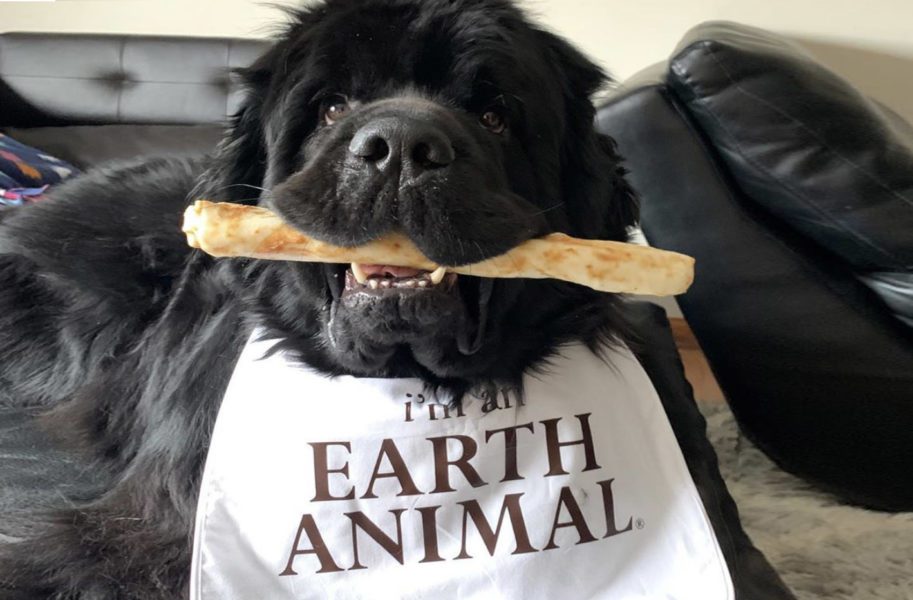“A global network of sea-vegetable farms totaling 180,000 square kilometers—roughly the size of Washington State—could provide enough protein for the entire world population.”
― Eat Like a Fish: My Adventures as a Fisherman Turned Restorative Ocean Farmer
Our 1% Promise
Earth Animal is so much more than just a company that makes awesome products for our animal companions. We are people who care deeply for animals, people, and the planet. That is why we dedicate 1% of our annual net sales to like-minded organizations, industry stewardship, and mission-driven efforts that preserve and enhance the quality of life for animals, people, and the Earth. This month, our partner is GreenWave, a nonprofit organization that trains and supports regenerative ocean farmers. 1% of the net sales on our website will go to Green Wave to help fund their mission to create a “blue green economy,” one that “ensures we all make a living on a living planet.”
What is Regenerative Farming?
Regenerative farming is an age-old practice used to conserve and rehabilitate farming systems. It creates biodiversity and helps farms resist climate change. While it has typically been a land-based agricultural system, GreenWave co-founder, Bren Smith, a lifelong fisherman, pioneered the use of regenerative farming practices in ocean farming. The GreenWave model of regenerative ocean farming is a polyculture system, growing a mix of seaweeds and shellfish, that results in a highly sustainable method of food production that also sequesters carbon and rebuilds reef ecosystems. Additionally, the GreenWave model capitalizes on ocean depths with vertical farms, meaning that more food can be farmed in less space. This, and GreenWave’s commitment to ensuring that just about anyone who wants to be a regenerative ocean farmer can do so, makes Green Wave a groundbreaking non-profit organization that is making solid strides towards healing our planet from both climate change and poverty.
Regenerative ocean farming may be the single most important thing we can do to solve the problem of climate change. Seaweeds are a powerful antidote against many of the ills of factory farms and fossil fuels. The World Bank has shown that farming seaweeds in a mere 5% of oceans in the United States could absorb 10 million tons of nitrogen and 135 million tons of carbon. And there is no downside here, as no inputs, such as freshwater, are required in regenerative ocean farming.
More Benefits of GreenWave’s Model
Not only does GreenWave’s model reduce both land and sea carbon, it also reduces livestock methane production (supplementing just a little bit of livestock feed with seaweed reduces methane by 60-80%), rebuilds marine ecosystems, and reduces the problem of plastic waste. Seaweeds are truly super-vegetation, as they can be used for both food and as a replacement for plastic. Non-food grade farmed seaweed can be used to make everything from straws to plastic packaging, virtually eliminating the need for fossil fuel-based plastics. With plastics that never break down currently filling our oceans, it is imperative that we find a viable alternative to plastics, and it seems that seaweed is just that alternative.
As if saving the climate wasn’t enough, GreenWave’s model is also an economic one, creating solid, good-paying jobs and feeding countless people. The World Bank estimates that 50 million jobs could be created by farming seaweeds in just .1% of the world’s oceans. And regenerative ocean farms are highly profitable, with a typical mature farm earning profits of around $100,000 per year. GreenWave is saving the planet, people, and animals one regenerative ocean farm at a time, and Earth Animal is extremely proud to support their work.






